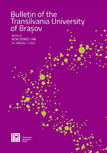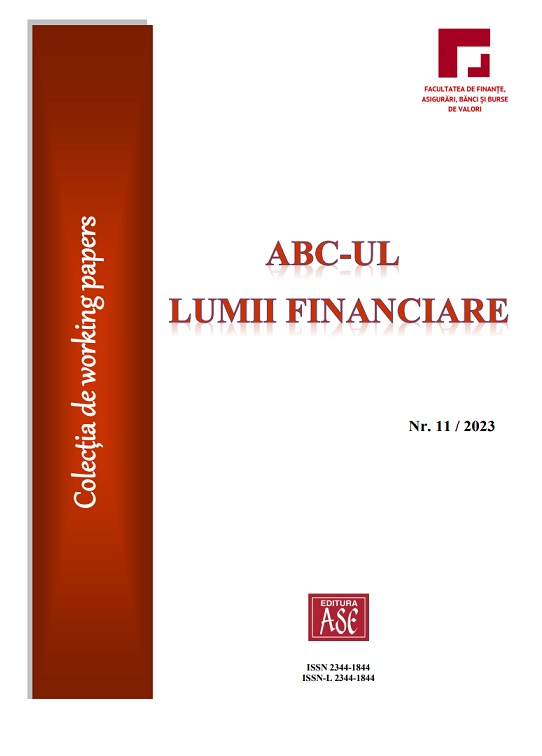
The Creative Paradox of AI: Enabler or Disruptor of Human Imagination?
The Creative Paradox of AI: Enabler or Disruptor of Human Imagination?
Keywords: Artificial Intelligence; Creative industry; Copyright; AI in arts; Ethical implications;
The use of artificial intelligence (AI) in communication and its effects on the market for creative jobs are covered in this article. While AI-generated pictures offer numerous advantages, such as efficiency and flexibility, the article emphasizes that they can have ethical consequences, such as deceit, stereotyping, illicit data usage, and intellectual property infringement. The essay goes into further detail on the problems of copyright, artistic credit, and imitation when using AI to create artwork. The dispute over whether robots can actually produce works of art or can only imitate human creativity is also discussed in the essay, raising concerns about the very nature of creativity. The paper concludes by highlighting the significance of analyzing the ethical implications of emerging technology.
More...

